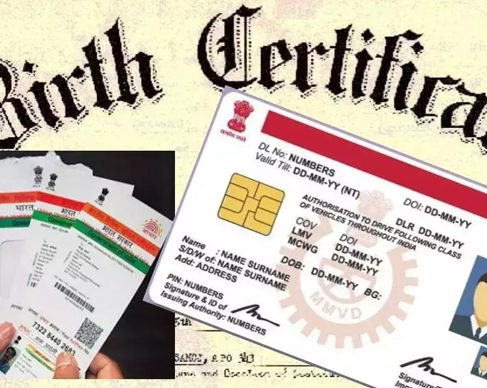
Birth Certificate law encompasses the legal regulations and procedures related to the issuance, registration, and management of birth certificates. Birth certificates are vital documents that serve as the official record of a person's birth, and they play a significant role in establishing one's legal identity and citizenship. Here is a description of Birth Certificate law:
Issuance and Registration: Birth certificates are typically issued by government authorities, often at the municipal, county, or state level. The law establishes the procedure for registering a birth, which typically includes recording the date, time, and place of birth, as well as the names of the parents.
Legal Importance: Birth certificates are vital legal documents that provide proof of a person's identity, citizenship, and parentage. They are often required when applying for identification documents, such as passports, driver's licenses, and social security numbers.
Protection of Data: Birth Certificate law may include provisions for the protection of personal information contained in birth certificates to prevent identity theft and misuse of such records.
Amendment and Corrections: The law also outlines the process for amending or correcting birth certificates in cases of errors, adoption, gender transition, or other life changes.
Access and Privacy: It addresses who has access to birth records and the circumstances under which they can be released. Privacy and confidentiality are important aspects of Birth Certificate law.